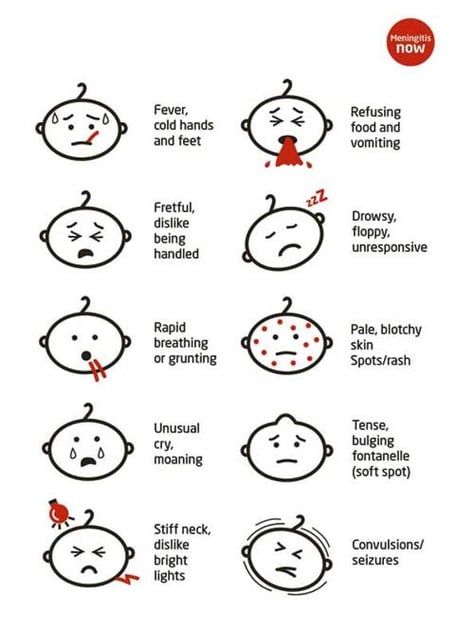The UK Health Security Agency (UKHSA) South West is reminding all higher education and university students –freshers and returning students - to make sure they are up to date with their free NHS childhood and adolescent vaccines against meningitis, measles and HPV ahead of starting the new academic year.
Meningitis and septicaemia can both be fatal or cause life-changing disabilities. In England, all students are offered the MenACWY vaccine in school year nine or 10, protecting them against four different types of meningococcal bacteria that can cause meningitis and septicaemia.
The MenACWY vaccine, is available to anyone who missed the vaccine up to their 25th birthday.
Young children are offered two doses of the MMR vaccine, which is the safest and most effective way to protect yourself against measles, mumps and rubella.
Students are reminded it’s important they register with a new GP surgery if they are moving away from home.
Dr Alasdair Wood, Consultant in Health Protection for UKHSA South West said: “We usually see increases in cases of meningococcal meningitis after the university term starts in September.
“New and returning students from around the country and overseas coming together and mixing means infection spreads easily, with some students becoming seriously ill and tragically in some cases, we see deaths.
“I urge young people starting or returning to university to check they’re up to date on their MenACWY, HPV and MMR jabs and to contact their GP if unsure.”
Students should be up to date with the following three vaccines ahead of starting university: MenACWY– protecting against four common kinds of meningococcal bacteria causing meningitis and septicaemia.
MMR– protecting against measles, mumps and rubella
HPV– protecting against human papilloma virus related cancers such as cervical cancer and other cancers of the head, neck and genital areas, and genital warts.
Symptoms of meningitis and septicaemia may include: high temperature, cold hands and feet, vomiting, confusion, breathing quickly, muscle and joint pain, pale, mottled or blotchy skin, spots or a rash, headache a stiff neck, a dislike of bright lights, being very sleepy or difficult to wake and fits (seizures).





Comments
This article has no comments yet. Be the first to leave a comment.